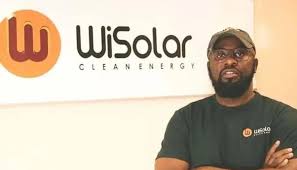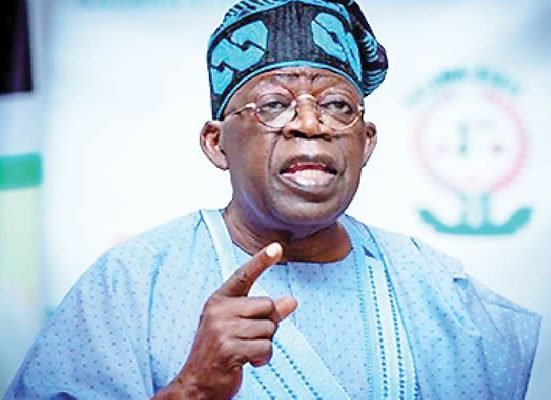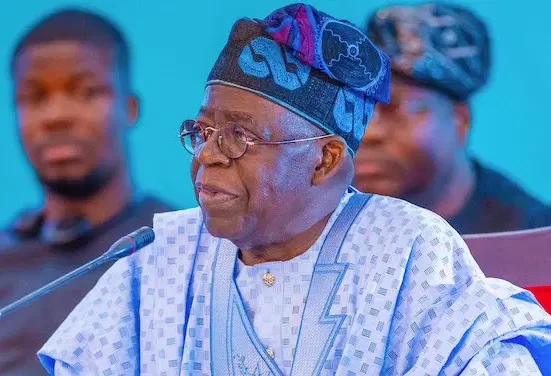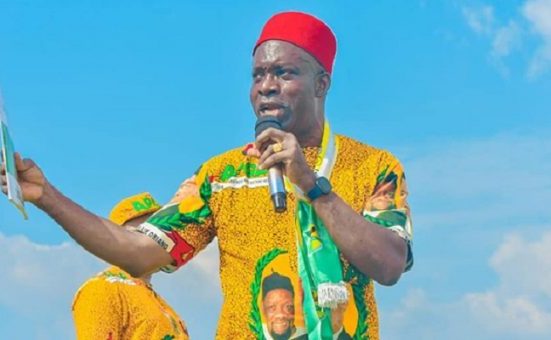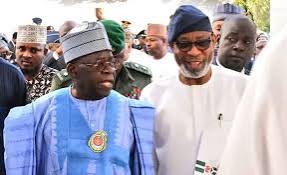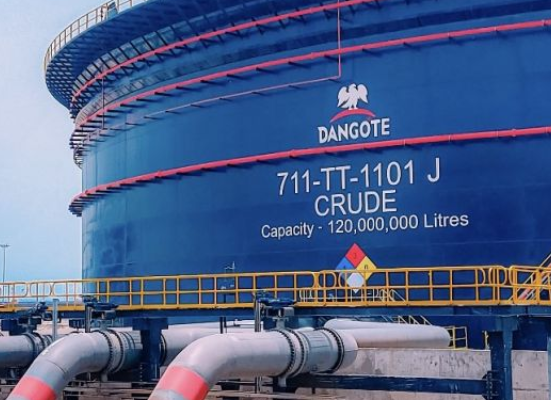In a move to expand access to clean and affordable energy across Africa, climate-tech company WiSolar has unveiled flexible installment payment options for its solar electricity solutions. With operations in both Nigeria and South Africa, the company is seeking to bridge the energy affordability gap by allowing customers to spread payments over a 24-month period.
The Founder and Chief Executive Officer of WiSolar, Mr. Tonye Irims, noted that affordability remains one of the major obstacles hindering access to reliable renewable energy across the continent. To address this, the company has partnered with local financial institutions, including Premium Trust Bank in Nigeria, to offer solar financing options that ease the upfront financial burden on consumers.
“We understand the challenges of affordability, especially with the economic realities in many parts of Africa. That’s why we’ve structured a model where customers can get their solar installations financed by the bank and pay back in installments over two years,” Irims explained.
WiSolar, which has been operating since 2016, specialises in turnkey solar installations, offering both residential and commercial energy solutions tailored to clients’ energy needs and budgets. According to the CEO, the system design process begins with an energy audit to determine consumption levels, after which a solar solution is built around the customer’s budget.
“For instance, if a household is currently spending N150,000 monthly on generator fuel and erratic grid electricity, we can create a solar plan where the customer pays around N200,000 monthly instead, but over a fixed 24-month period. After the payment period, they enjoy electricity free for the next several years, as the system is theirs and guaranteed for up to 10 years,” he said.
Beyond installations, Irims revealed that WiSolar is also deepening its footprint in the energy storage segment by venturing into battery manufacturing. The company currently imports large-scale battery units from China but has set its sights on establishing an assembly plant in Nigeria to localise production.
“Our plan is to move from full imports to semi-knocked-down (SKD) units, which we can assemble locally. This will reduce costs, eliminate supply chain delays, and create job opportunities for Nigerians,” he stated.
With the continent’s population continuing to rise and energy demand increasing alongside it, Irims stressed the urgency of transitioning to sustainable alternatives. He expressed optimism that with government support and increased public adoption, renewables can play a significant role in resolving Africa’s power crisis.
WiSolar’s flexible financing model offers a glimmer of hope for many households and businesses seeking reliable electricity without the financial strain of a lump sum payment. By providing long-term solutions tailored to individual consumption levels and financial capacity, the firm aims to democratise access to solar energy and drive Africa’s clean energy future.

